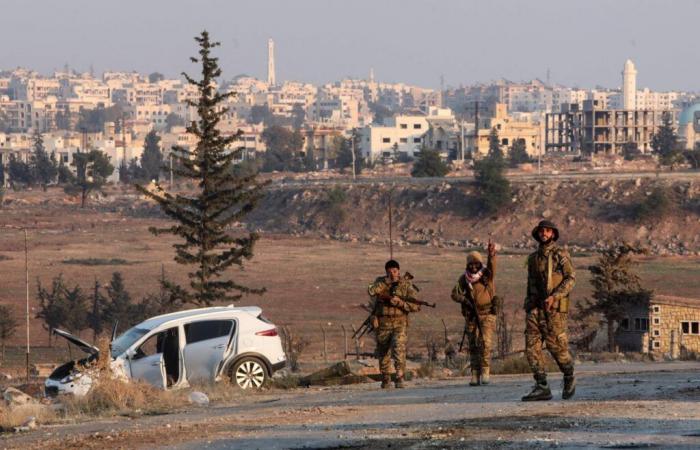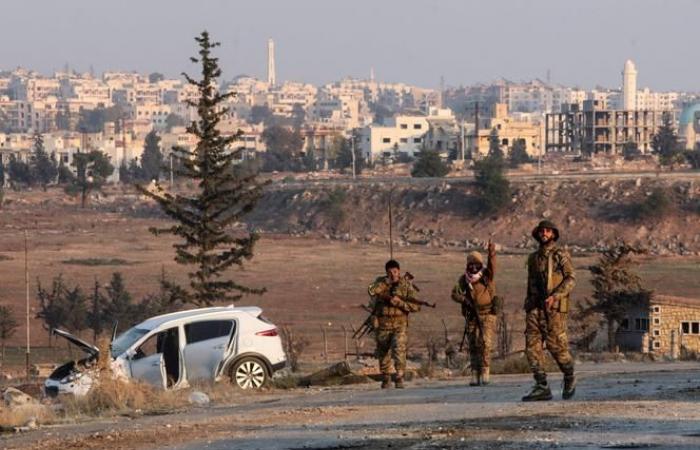The Syrian civil war, which had never really ended, has suddenly reignited. Friday, November 29, late in the morning, a coalition of forces opposed to the regime of Bashar Al-Assad entered Aleppo, the capital of the north of the country, from which they had been driven out at the end of 2016 by government troops, supported by the Russian air force and pro-Iranian militias, notably the Lebanese Hezbollah. A few hours later, during the night, photos of insurgents parading in front of the citadel, located in the heart of the city, appeared on social networks. By Saturday morning, most of Aleppo had come under the control of rebels, who seized many government buildings, such as the governorate, police headquarters and prisons.
This brutal turnaround is the result of an offensive launched only three days earlier by an alliance of rebel groups, dominated by the radical Islamists of Hayat Tahrir Al-Sham (HTC), the former branch of Al-Qaeda. in Syria, in power in the province of Idlib, sixty kilometers further south. A new battle for Aleppo is opening, in a Middle East in convulsions, under the effect of the wars in Gaza and Lebanon.
On the ground, the Syrian army, taken by surprise, was unable to oppose the attack. The anti-Assad militias first seized military bases, the highway linking Aleppo to Damascus, as well as dozens of villages, uninhabited due to their proximity to the front lines, separating Idlib from the region of 'Aleppo. A front that remained active despite a ceasefire agreement in 2020, sponsored by Turkey and Russia, rival powers in Syria.
Read also | Article reserved for our subscribers In cards: the game of foreign influences in Syria
Read later
The advance of the rebel coalition, which includes groups financed by Ankara, continued on Friday in the countryside around Aleppo and Idlib, at the same time as the fighters penetrated into the former economic heart of Syria. In the afternoon, Russia, protector of Bashar Al-Assad, launched airstrikes on Idlib. The Syrian army announced the sending of reinforcements. During the night from Friday to Saturday, the authorities closed the Aleppo airport.
In the works for months
The rebels' lightning advance began the same day the ceasefire came into force in Lebanon between the Israeli army and Hezbollah. This agreement, which occurred after two months of war, confirms the weakening of Hezbollah, which lost a large part of its arsenal and its command, including its leader, Hassan Nasrallah, eliminated at the end of September.
You have 70.27% of this article left to read. The rest is reserved for subscribers.







